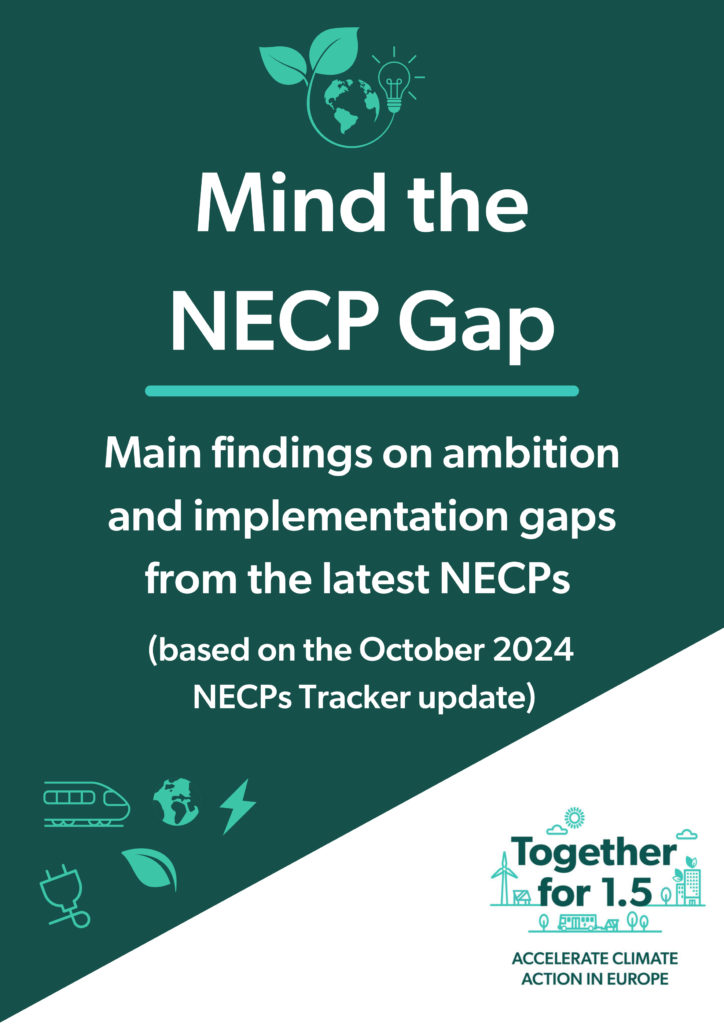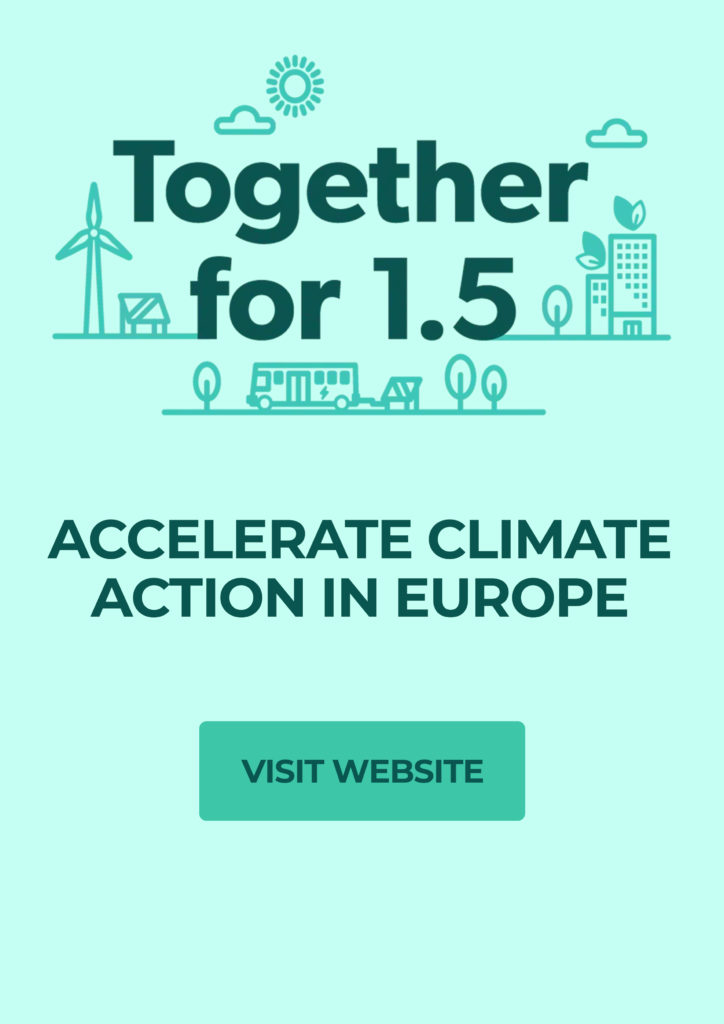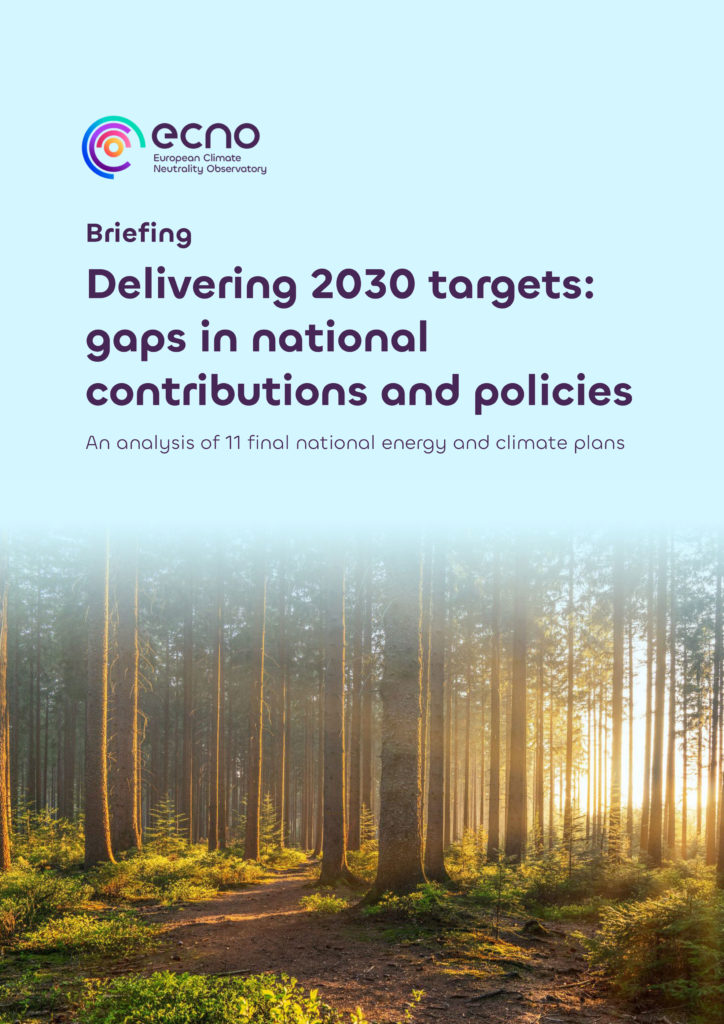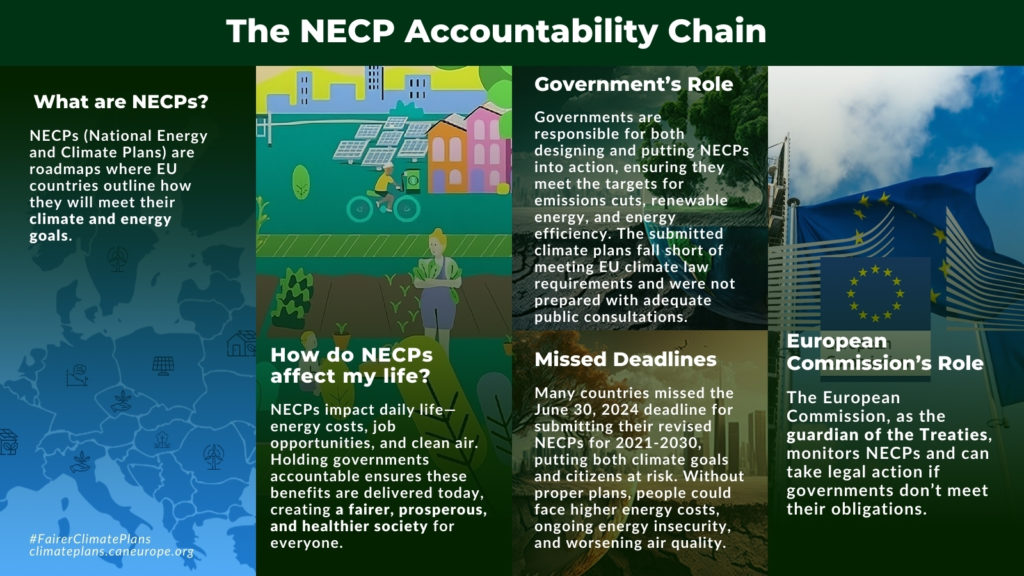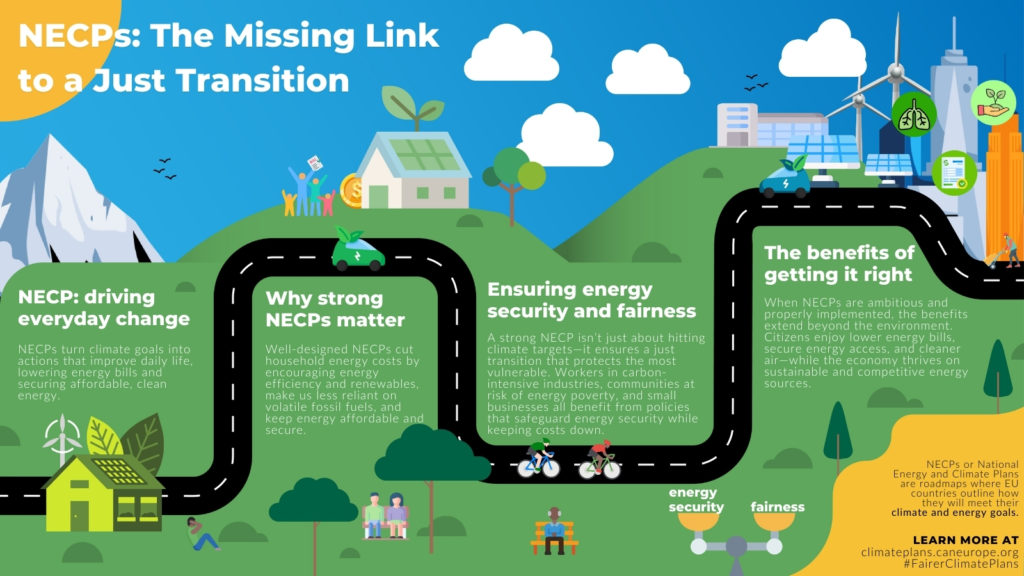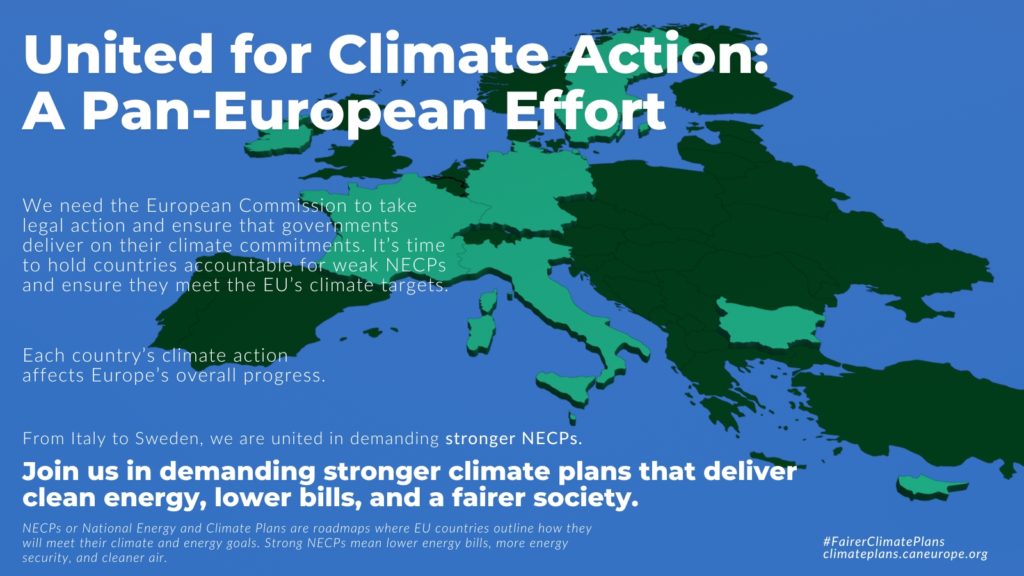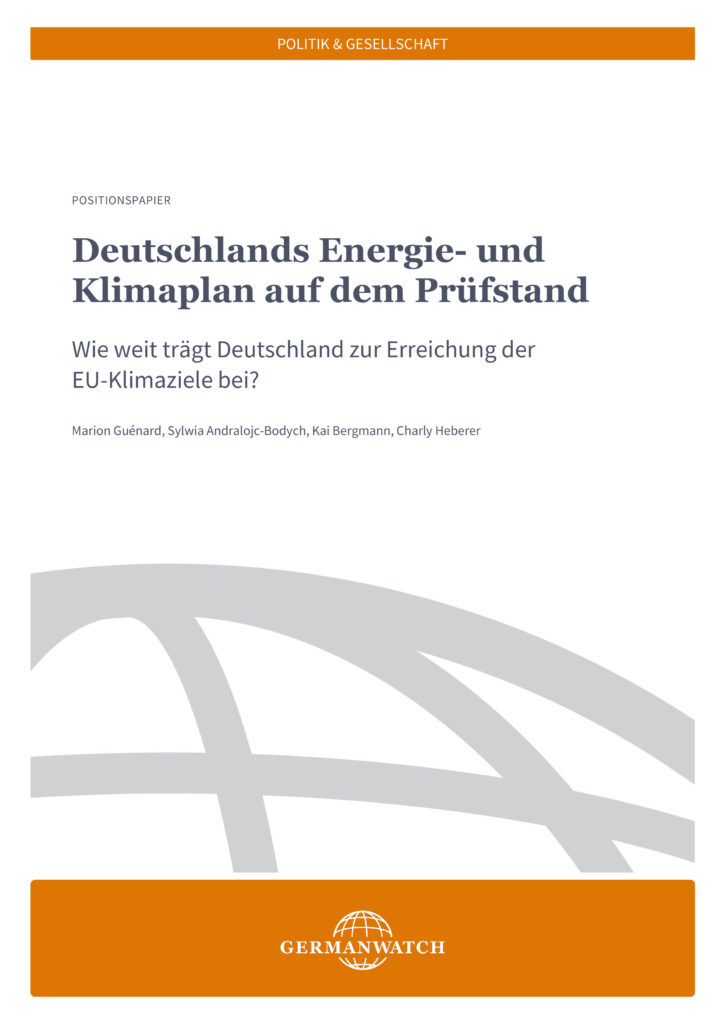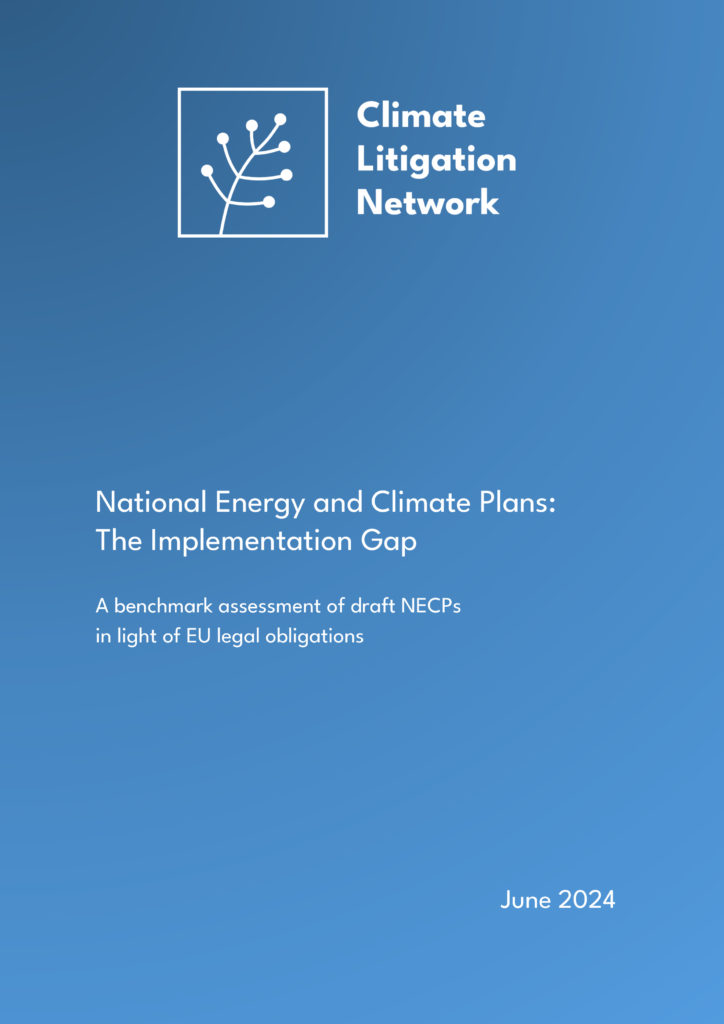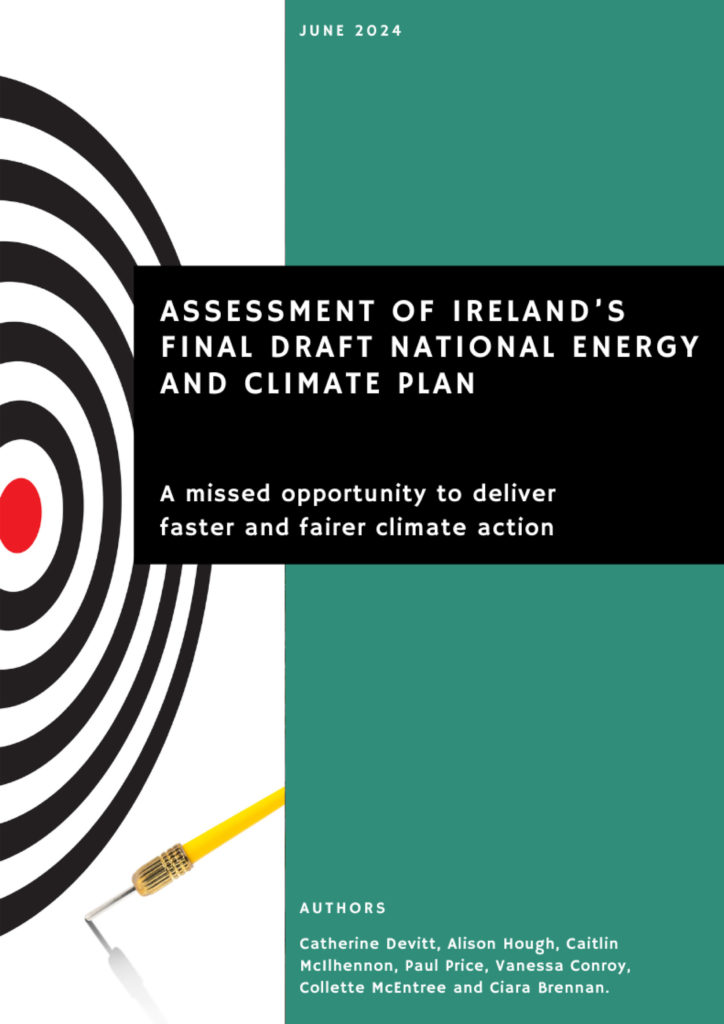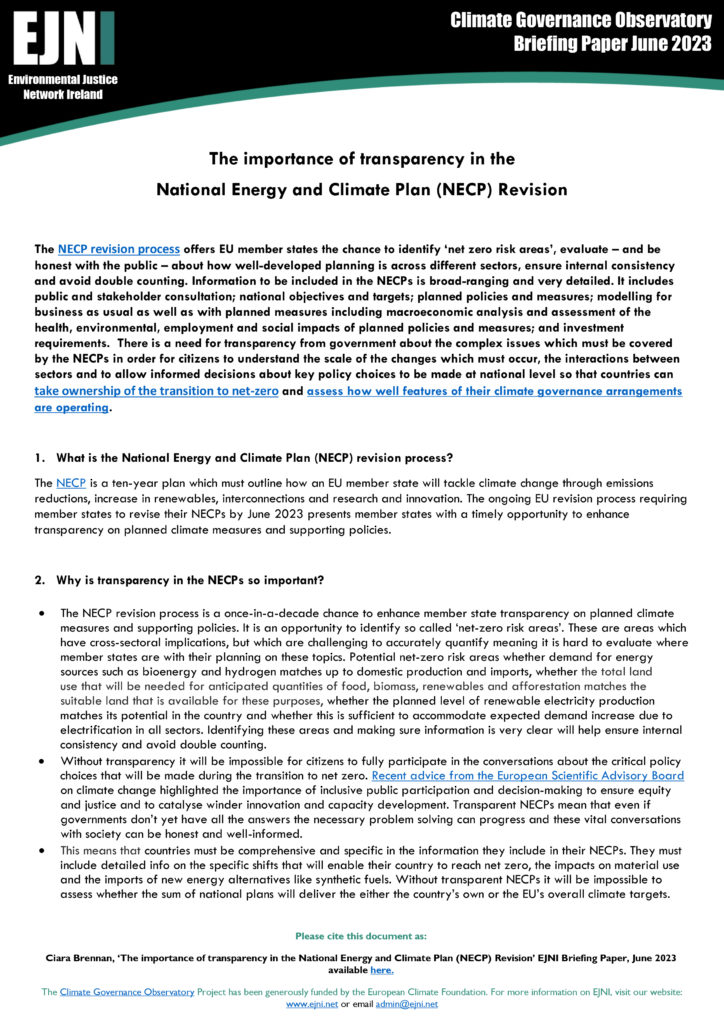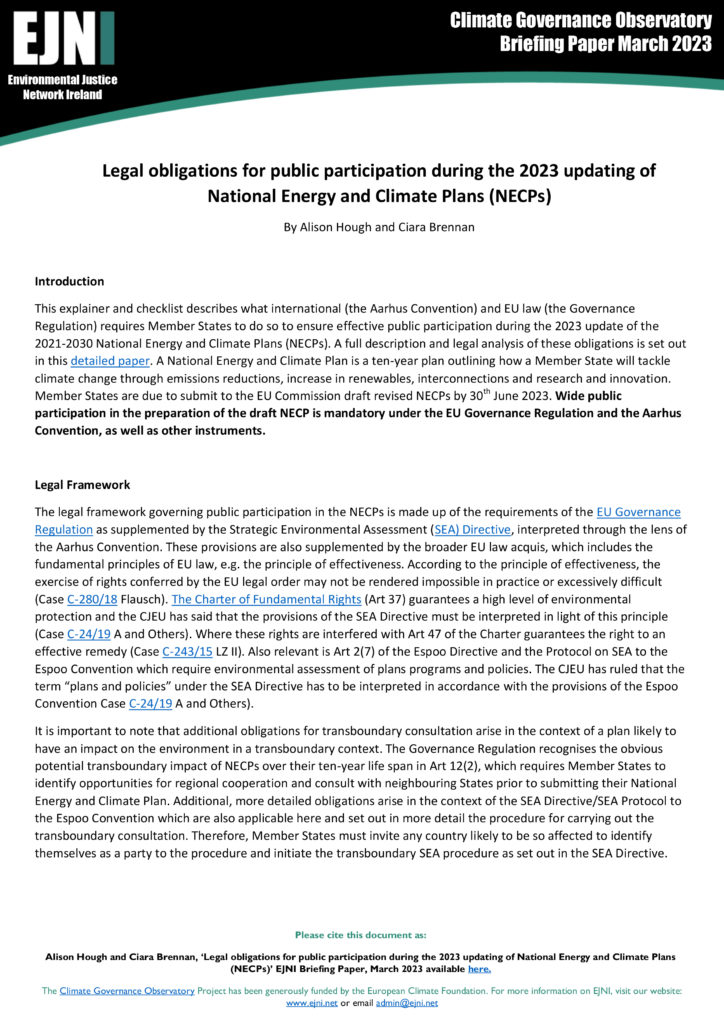My country is breaking EU law — Demand accountability now!
National Energy and Climate Plans (NECPs) across Europe are failing to meet climate goals. We're calling for legal action and the European Commission must step in to make sure governments follow through.
Our Mission

But many Member States are breaching EU law by submitting weak plans that fall short of these targets.
Through legal action, we’re making sure they comply and protect all citizens from climate havoc.
Who We Are
We’re a coalition of NGOs from across Europe, united to challenge the weak NECPs that violate EU law. From Sweden to Cyprus, we are using legal tools and public pressure to push governments toward real climate action.
Together, A Sud and WWF Italy (Italy), Environmental Justice Network Ireland (EJNI), Friends of the Earth Bulgaria / Za Zemiata (Bulgaria), Friends of the Earth Malta (Malta), Germanwatch (Germany), Notre Affaire à Tous (France), SEAL and SSNC (Sweden), Terra Cypria (Cyprus), and CAN Europe, we push governments toward compliance and a just transition.
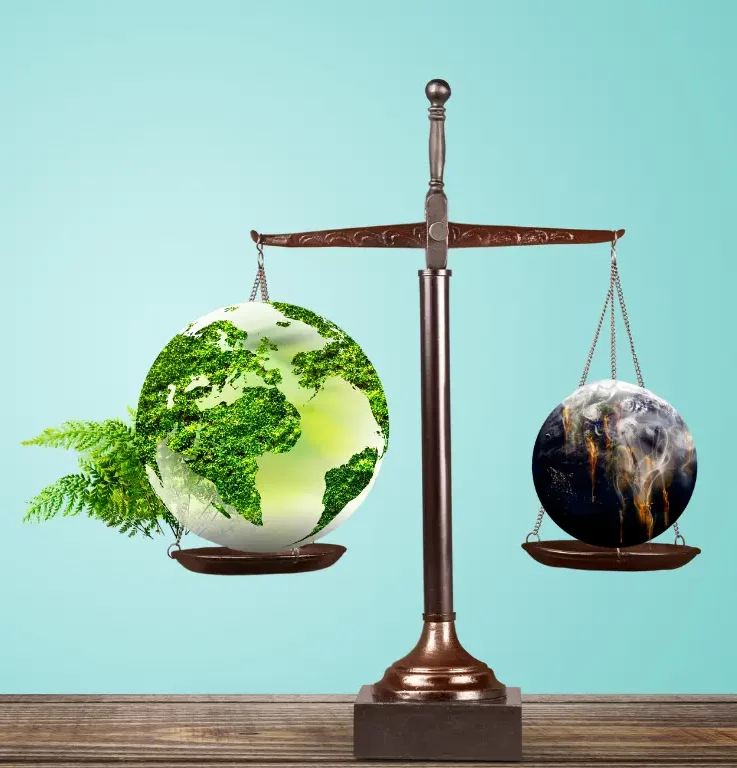
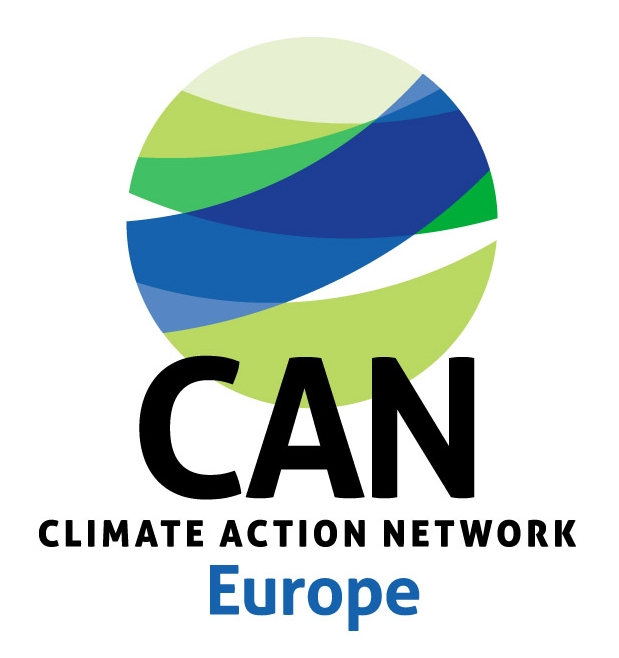
View on Bluesky
Today, we're asking legal action against governments whose climate plans break EU law. From missed targets to ignored public voices, the system is failing. But we're not staying silent. #EUNECP
@EU_Commission, you got mail.
climateplans.caneurope.org
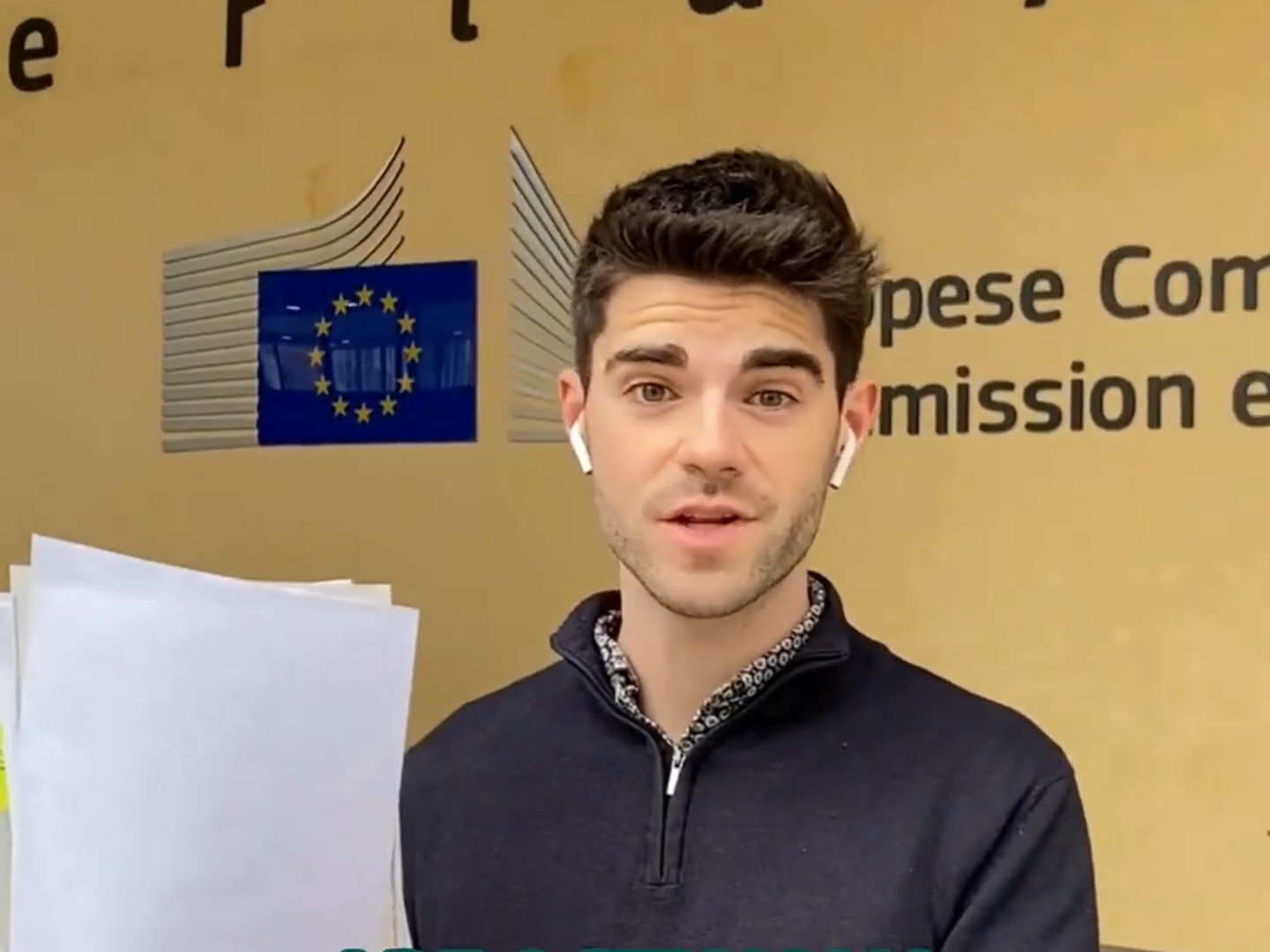

Posted on LinkedIn
CLIMATE PLANS: Civil society across Europe is taking a stand.
NGOs from Bulgaria, Cyprus, and Malta have officially filed legal complaints against their governments for submitting National Energy and Climate Plans (NECP) that violate EU law.
These aren't isolated cases. They add to earlier actions from France, Germany, Ireland, Italy, and Sweden—exposing a pattern of systemic failure. The issues range from failing to meet climate targets to not involving the public and ignoring fossil fuel phase-out obligations.
We urge the European Commission to uphold its role as Guardian of the Treaties and start legal action where needed. A socially just transition must be rooted in law, transparency, and people’s voices—not loopholes and delay.
#FairerClimatePlans #EUNECP
Across Europe, civil society is rising up.
— CAN EUROPE (@CANEurope) April 10, 2025
We're asking legal action against governments whose national climate plans break EU law: Germany, France, Italy, Bulgaria, Malta, Cyprus, Ireland, Sweden.
From missed targets to ignored public voices, the system is failing. But we're… pic.twitter.com/Sh1ixJST7f
NGOs from 5 countries submitted legal complaints today, demanding the @EU_Commission act on weak and illegal climate plans #EUNECP.
— CAN EUROPE (@CANEurope) November 7, 2024
The Commission now has 12 months to respond—let's ensure climate accountability isn’t delayed.https://t.co/JTsTleEjdq#FairerClimatePlans pic.twitter.com/f9RO0BkHoY
Dear @EU_Commission, you got mail.
— CAN EUROPE (@CANEurope) November 7, 2024
NGOs urge the @EU_Commission in coordinated complaints to take legal action against France, Germany, Ireland, Italy, and Sweden for #climateplans breaching EU law.
It’s time to hold governments accountable.#EUNECP#FairerClimatePlans
PRESS… pic.twitter.com/ExdHL7Bxj0
Only 14 out of 27 countries submitted their #EUNECP to date. What we see is very worrying, BUT the story should not end here.
— CAN EUROPE (@CANEurope) November 6, 2024
TOMORROW, as @WBHoekstra faces the @Europarl_EN, NGOs from across Europe will unite to demand strong #climateplans.
It’s time to hold governments… pic.twitter.com/SSknBpYH31
Those #hearings continue and hot on the agenda today: ENERGY PRICES.#EUNECP, national energy and climate plans, are a chance to ensure affordable energy, cleaner air, and a fair energy transition.
— CAN EUROPE (@CANEurope) November 5, 2024
ISSUE: only 14 countries submitted their final climate plans to date, 4 months… pic.twitter.com/DfJpGiszw8
Busy week in Brussels with THOSE hearings and #EUNECP on the radar.
— CAN EUROPE (@CANEurope) November 4, 2024
Weak climate and energy plans hurt us all.
The European Commission must enforce #EUNECP to ensure accountability.#FairerClimatePlans pic.twitter.com/V83m3XOr7G
A Movement for Change
Across Europe, civil society is taking coordinated legal action to hold governments accountable for submitting weak National Energy and Climate Plans (NECPs) that breach EU law. Complaints are being filed with the European Commission to demand climate plans that are fair, ambitious, and lawful. This is a collective effort—and your voice matters. Join us in pushing for #FairerClimatePlans!
What Are NECPs?
National Energy and Climate Plans (NECPs) are key tools used by every EU country to outline how they will meet climate and energy targets by 2030. These plans lay out the actions Member States will take to reduce emissions, promote renewable energy, and improve energy efficiency—all essential steps to achieving the EU’s climate goals and keeping the 1.5°C target of the Paris Agreement within reach.
More Than Just
Technical Documents
NECPs are not just policy papers; they directly influence how we live and work, shaping the way we transition to a low-carbon future. The current revision of NECPs offers a unique opportunity to embed just transition principles—ensuring that the energy transition is fair and inclusive.
A Just Transition:
No One Left Behind
A just transition ensures that the benefits of decarbonisation are shared widely, while protecting those who could be most impacted by the shift—such as workers in carbon-heavy industries, marginalized communities, and small businesses. Strong NECPs can unlock new green jobs, make energy more affordable, and improve the quality of life for everyone. It’s crucial that no one is left behind in this transition.
Why Now?
NECPs have been revised by EU countries in 2023-2024. This revision process is a critical moment for raising ambition. These NECPs will shape how Europe tackles the twin crises of climate change and energy insecurity while advancing social justice. If we get it right, NECPs can drive Europe’s transition to a fairer, cleaner, and more resilient society—one that benefits all citizens.
Now is the time to push for ambitious, people-centered NECPs that deliver on both climate action and social equity.
Timeline
2015
Paris Agreement - 1.5°C Target (2015)
World leaders committed to limiting global warming to 1.5°C to avoid the worst impacts of climate change.
2019
Creation and First Batch of NECPs (2019-2020)
EU Member States developed their first National Energy and Climate Plans (NECPs) for 2020-2030 to outline climate goals and strategies.
2021
European Climate Law and Fit for 55 Package (2021)
The EU democratically decided on a law to cut emissions by 55% by 2030 as part of its climate strategy.
2024
Revised NECP Submission Deadline (June 30, 2024)
EU Member States were required to submit revised NECPs by this date, but many missed the deadline, failing to meet their obligations.
2024-2025
A Movement for Change
2030
2030 Climate and Energy Targets
By 2030, in order to meet the 1.5°C of objective decided in the Paris Agreement, the EU must:
- 65% reduction in greenhouse gas emissions.
- 50% of total energy consumption from renewable energy sources.
- 20% improvement in energy efficiency.
2050
Climate Neutrality Goal (2050)
The EU aims to achieve climate neutrality by 2050, with all countries reaching net-zero emissions. Science proves that this can be achieved by 2040.
2100
Paris Agreement Goal (End of the Century)
Reaching the 1.5°C target will reduce extreme weather risks, safeguard ecosystems, and protect communities from the worst climate impacts.
They Talk About Us
Campaigners call for legal action against five countries for failing to meet EU climate targets
Four months after the deadline for all EU member states to submit new action plans in line with EU climate targets, only 14 countries have submitted their final updated NECPs, the NGOs noted.
EU climate chief gets green light for new Commission
Dutch commissioner recommits to a 90% emissions cut by 2040, pledges not to revise deadlines for the phase-out of new petrol and diesel cars, and brushes off a far-right climate denier during a grilling by MEPs.
NGOs: EU Commission should urge countries to adopt more ambitious climate plans
In coordinated letters, European NGOs call on the EU Commission to take legal action against France, Germany, Italy, Sweden and Ireland.
All Articles
15 November 2024
Commission must hold EU countries to account on climate obligations
15 November 2024
Brussels sends first legal warning to 13 countries over missing climate plans
14 November 2024
Infringements: Commission urges 13 member states to submit climate plans
7 November 2024
L’ONG Notre affaire à tous attaque le plan national énergie-climat
7 November 2024
Une coalition d’ONG porte plainte contre les plans climat de pays européens
7 November 2024
WWF le lacune del PNIEC italiano
7 November 2024
EU climate chief gets green light for new Commission
7 November 2024
EU-Klimachef erhält grünes Licht für neue Kommission
7 November 2024
NGOs: EU Commission should urge countries to adopt more ambitious climate plans
7 November 2024
Coalition of NGOs files complaints against inadequacies of several Member States’ national energy and climate plans
7 November 2024
Commission must act against ‘non-compliant’ climate plans, say green groups
7 November 2024
EU climate chief gets green light for new Commission
7 November 2024
Campaigners call for legal action against five countries for failing to meet EU climate targets
Frequently Asked Questions
What are NECPs?
NECPs (National Energy and Climate Plans) outline how each EU country will meet its climate and energy goals by 2030.
What is an infringement proceeding?
It’s a legal process the European Commission uses to hold countries accountable when they break EU law.
Has climate litigation worked before?
Yes! Climate lawsuits have forced governments and companies to take stronger action on reducing emissions and protecting the environment.
How can I get involved?
Join our movement by supporting our actions, spreading the word, or contributing to our campaigns!
Who’s behind this project?
A coalition of NGOs, including A Sud and WWF Italy (Italy), Environmental Justice Network Ireland (EJNI), Friends of the Earth Bulgaria / Za Zemiata (Bulgaria), Friends of the Earth Malta (Malta), Germanwatch (Germany), Notre Affaire à Tous (France), Sweden’s Environmental Association of Law (SEAL) and Swedish Society for Nature Conservation (Sweden), and Terra Cypria (Cyprus), coordinated by CAN Europe
What’s next?
The European Commission has up to 12 months to assess our complaints and decide whether to start a formal infringement procedure. We’re pushing for swift action to hold governments accountable—stay tuned!






